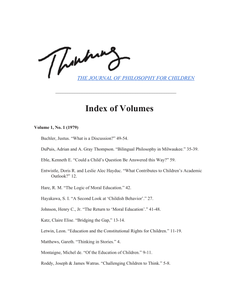We examine the ways in which a hidden crisis can be exposed from a communication point of view. In which way can organisations create general awareness of a crisis and try to understand the dynamic nature of interactions? With the help of discourse analysis, we have examined the interactional achievements of two crisis entrepreneurs in the domain of education in the Netherlands: a rector of a secondary school and the founders of BON, a social movement aimed at improving the quality of education. In this way, we will illustrate the discursive practices that play an active role when certain players signal a crisis.
DOCUMENT

Purpose – Against the background of current leadership theory, this research paper analyses and compares the leadership approaches of two outstanding leaders: Daniel Vasella, chairman of the leading Swiss pharmaceutical organization Novartis and Ricardo Semler, owner of the Brazilian conglomerate Semco. In contrast to many rather abstract, unpractical and pointlessly theoretical papers on leadership this analysis provides a more applied view of leadership by means of the life history approach delivering insight into both leaders’ development and leader personality. Methodology/approach – First, this paper locates the ideas and practices associated with the term “leadership” as a concept through theories that have developed over time and shows how the practices of leading can be derived and understood through chosen theories. Based on this, the specific characteristics and career paths of both leaders are presented and compared so that a final analysis of their leadership approach can be done. The paper is based on secondary sources such as peer-reviewed business journals and literature on leadership. Information about both leaders and their approach to leadership is gathered mainly from published interviews with them. Additional information on Semler is taken from his autobiography. Conclusions – It is difficult to identify an “essence” of leadership, whether that takes the form of personality characteristics or traits, charisma, the ability to transform people or organizations or a brain function. All presented theories of leadership seem to have their raison d’être. Both Vasella and Semler apply a combination of different attitudes and behaviours that characterize their leadership style containing elements of transformational, charismatic, ethical, servant and authentic leadership.
MULTIFILE

The journal was a forum for the work of both theorists and practitioners of philosophical practice with children, and published such work in all forms, including philosophical argument and reflection, classroom transcripts, curricula, empirical research, and reports from the field. The journal also maintained a tradition in publishing articles in the hermeneutics of childhood, a field of intersecting disciplines including cultural studies, social history, philosophy, art, literature and psychoanalysis.
DOCUMENT
